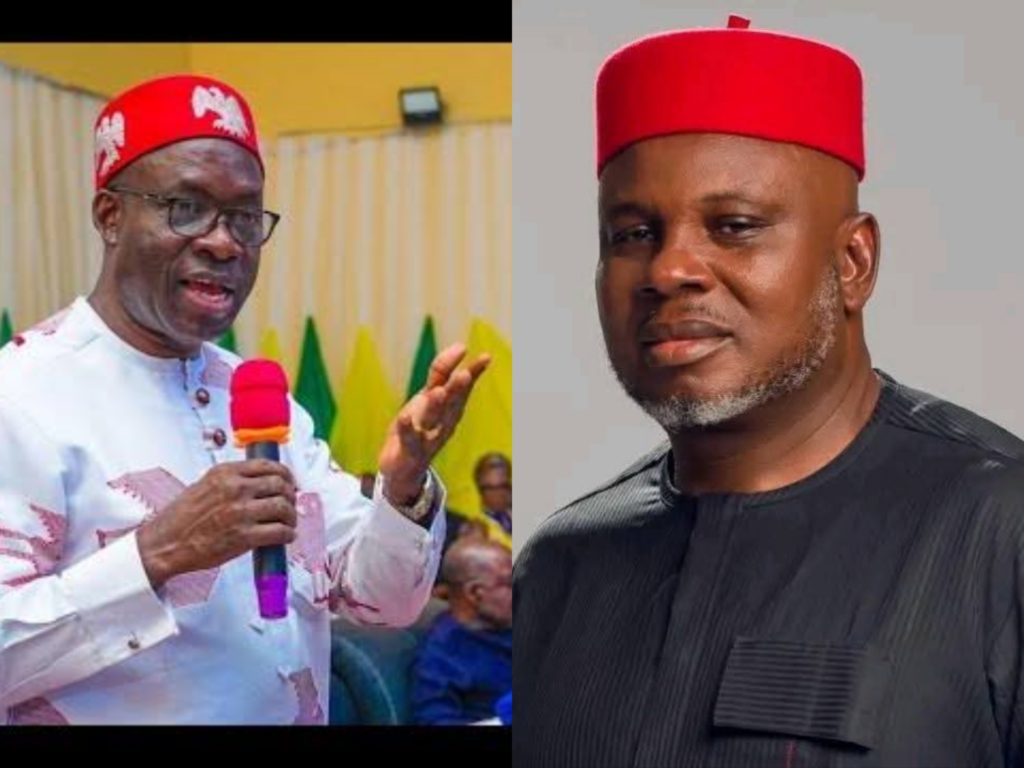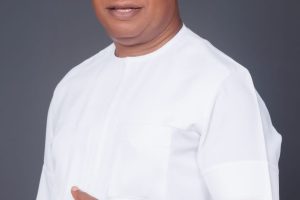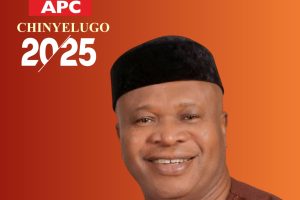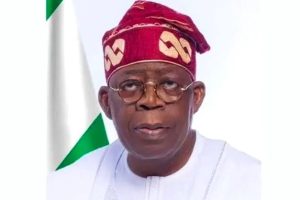
As the 2025 Anambra governorship election draws near, three major contenders have emerged: incumbent Governor Prof. Charles Chukwuma Soludo (APGA), Prince Dr. Nicholas Ukachukwu (APC), and Dr. George Muoghalu (Labour Party). While the political landscape seems competitive, many analysts believe that Soludo and the All Progressives Grand Alliance (APGA) are still positioned to retain power in the state—and here’s why:
Since 2006, APGA has remained a dominant force in Anambra politics. From Peter Obi to Willie Obiano and now Soludo, the party has built strong grassroots structures, local alliances, and political loyalty across the 21 LGAs. Unlike national parties, APGA is viewed as an “Igbo-centric” party—a badge of identity and pride for many voters in Anambra.
This emotional and regional connection still gives Soludo an edge, especially in rural areas where voter loyalty often outweighs policy analysis.
Soludo remains the sitting governor. Despite criticisms over his policies—such as market demolitions, tax enforcement, or perceived technocratic governance—he still holds the levers of power: control of state resources, local government influence, security coordination, and mobilization capacity.
In Nigerian politics, incumbency plays a huge role. With APGA in control of the state’s administrative structure, Soludo can still rally strong electoral machinery when it matters most.
The APC and Labour Party are fielding two strong personalities, but both pose more threat to each other than to Soludo. Prince Nicholas Ukachukwu (Ikukuoma) brings massive financial strength and political ambition, while George Muoghalu comes with credibility, integrity, and Labour’s Obi-inspired “shishi-free” appeal.
However, their political bases overlap in urban centers and elite circles. This split in opposition votes—especially among dissatisfied APGA critics—could ultimately help Soludo consolidate his strongholds while the opposition cannibalizes itself.
Despite unpopular decisions, Soludo has consistently communicated his policies as long-term reforms aimed at rebuilding Anambra into a livable and prosperous homeland. His narrative appeals to the intelligentsia, professionals, and diaspora voters who appreciate structure over populism.
Moreover, his administration has achieved notable wins in areas like road infrastructure, education, and digitization of governance—even if these have not trickled down in ways the average citizen feels yet.
Realistically, electioneering in Nigeria often involves financial muscle. While Labour Party may stick to Peter Obi’s “no money politics” stance, both APC and APGA have access to resources. But APGA’s advantage lies in better local coordination, knowing the terrain, and having loyal agents on ground—skills that often beat raw cash in a decentralized election like Anambra’s.
Conclusion:
Soludo may not enjoy the overwhelming goodwill he had in 2021, but he still sits on a political foundation built over nearly two decades. Unless the opposition forms a formidable alliance or there’s a mass revolt from within APGA ranks, Soludo’s combination of incumbency, party structure, and local sentiment may very well secure him a second term.
By: Godwin Offor





